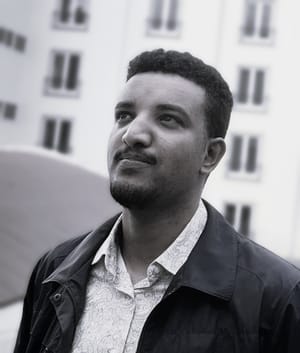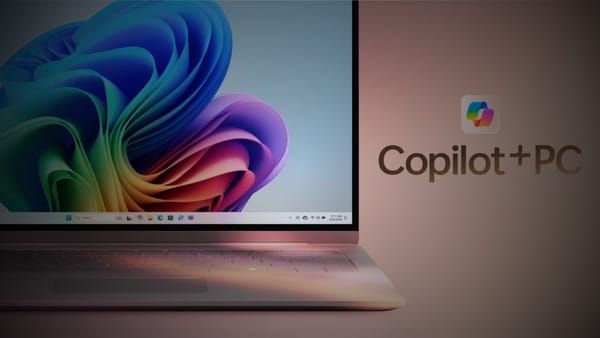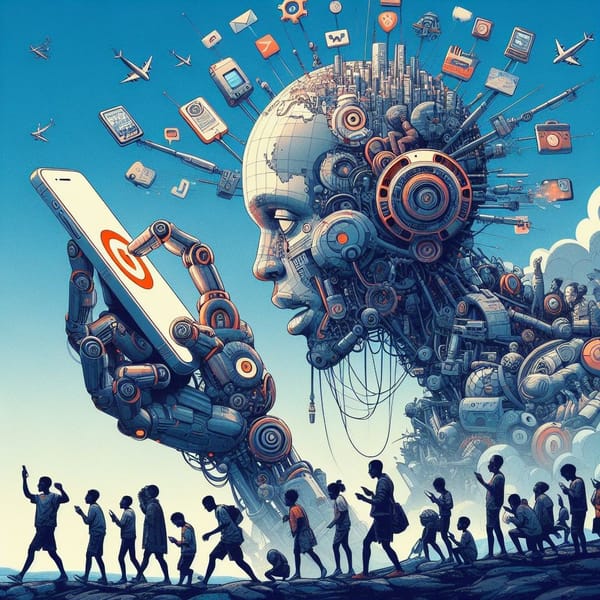In September 2023, the company announced that they received approval for human trials, and started looking for their first-in-human clinical trials for their fully-implantable, wireless brain-computer interface (BCI). The study aimed to assess the functionality of their implant (called N1), and the robot that does the procedure (called R1).
6 months later, we've seen the first glimpse into what their implant is capable of. In a live broadcast on YouTube & X platforms, they showed us a patient, who introduces himself as Nolan Arbau, a 29-year-old, who was paralyzed from the shoulders down following a diving accident, playing chess by controlling the cursor with his thoughts.
The first clinical trialist, Nolan Arbau playing chess with his mind
Founded by Elon Musk in 2016, this neural device is claimed to allow people with paraplegia to regain movement and restore vision to those born blind. On their website, it says that their implant is designed to let you control a computer or mobile device anywhere you go. Even though it seems like we're years away from seeing people using this technology, the company has made significant strides in reaching human trials in such a short period of time.
Wired: The science behind Neuralink
As with many technologies, the company has received backlash from various physicians committees, who have their skepticisms when it comes to repairability, medical complications in patients during surgery and other unforeseen circumstances. Certain religious groups have also voiced their concern that these implants could blur the understanding of what it means to be human.
In essence, Neuralink’s endeavors represent a bold dive into the depths of scientific innovation. It’s akin to navigating the vastness of an unexplored ocean, where each discovery has the potential to revolutionize our understanding of the human brain and its capabilities. This ambitious project is charting a course through previously unmapped regions of medical science, holding the promise of breakthroughs that could redefine the boundaries between technology and the human experience.





Member discussion